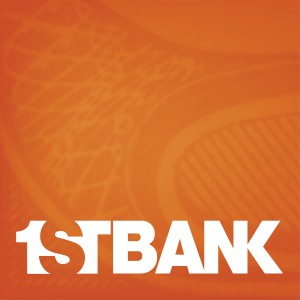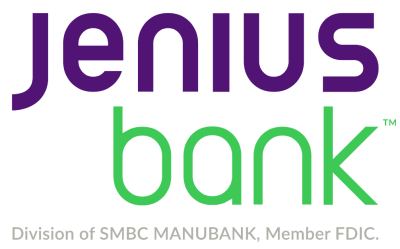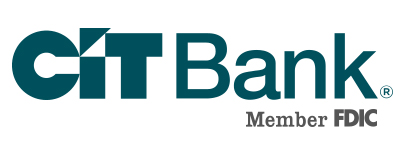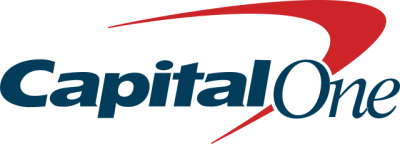
Pros:
- Checking account for 55 and older
- Anywhere Accounts
- Business accounts offered
- Variety of personal products offered
Cons:
- Accounts have fees
- Online banking is not free
- Accounts not offered everywhere
- Low-interest rates
Pros:
- Options of personal deposit accounts
- Low required opening amounts
- Business accounts available
- Variety of other products offered
Cons:
- Checking accounts have a monthly fee
- Low-interest rates on accounts
- Amount required to waive fees is high
- Tiered interest rates
FirstBank offers a checking account for anyone over 55 years old. This account earns interest. There is no minimum balance to earn interest or required to keep in the account. This account does not have any fees, and direct deposit is not required.
The Anywhere Accounts are a savings and checking account. Both of these accounts do not have monthly fees. There is no minimum balance required to keep in the account. You can sign up to have money from transactions rounded up to the nearest dollar. The difference is deposited into your Anywhere eSave Savings account. Those transactions include debit transactions, bill pay, or other electronic transfers.
FirstBank offers accounts for businesses. Checking and money market accounts are available. There is a checking account offered specifically for nonprofits. There are no fees for the nonprofit checking and the basic business checking. The other accounts have a monthly fee.
Not just personal deposit accounts are available at FirstBank. Personal credit cards, home equity loans, and personal construction loans are available. Health Savings Accounts and accounts to help save for college are also offered.
Most FirstBank accounts have a monthly fee. The fees range from $5 to $20. The debit card has a yearly fee of $10. You are only allowed 25 deposits into the eSave Savings account per month. You are charged $0.10 for each item over 25.
Account interest rates at FirstBank are not competitive with other online banks. The interest rates are similar to your typical bank rates.
FirstBank offers products and accounts in Arizona, California, and Colorado. They have over 115 branch locations in these three states with over 200 ATMs. To open an account, you must live in one of these three states.
Online banking with FirstBank is only free if you sign up to receive electronic statements. The fee is $3 each month if you do not sign up. The money will be automatically withdrawn from your checking account on the first day of each month. If you want to receive paper statements, you must keep $10,000 in FirstBank accounts to waive the monthly fee.
Each type of personal deposit account has more than one option. There are four different checking accounts and three different savings accounts offered. This allows you to find the account to fit your needs best. There are only three different term lengths of CDs offered. A six-month, one-year, and two-year terms.
The HSBC savings accounts all require only $1 to open. The checking account does not have an amount required when you open the account. The HSBC CDs require $1,000 to open.
There are a wide variety of different business accounts offered through HSBC. Savings accounts, checking accounts, and CDs are all available through HSBC. There are loans and credit cards for businesses. There are options for corporate accounts. Different cash management options are also available.
Along with business accounts, HSBC offers a wide variety of other products. That includes credit cards and insurance. They offer options for investing and retiring. There are also different loan options to meet your needs.
HSBC checking accounts have a monthly fee. The fees range from $3 to $50 each month. Most of the fees can be waived by meeting certain requirements. One checking account only allows eight checks or withdrawal slips to be written. After those eight you are charged for each check you write.
Interest rates on HSBC accounts are not competitive. They are much lower than other online-only accounts. Their rates are competitive with other brick and mortar banks.
The amounts required to keep in HSBC checking accounts to waive the fees are high. The amounts range from $1,500 to $100,000, depending on which account you open. Some accounts allow the fee to be waived if you have a direct deposit into the account of certain amounts. Know the fees and requirements to waive the fees before you open an account.
To receive the highest interest rates offered on HSBC accounts you must have a large balance. The savings accounts require $100,000 to earn the best rates offered. Lower amount still earn interest, just a lower rate.





